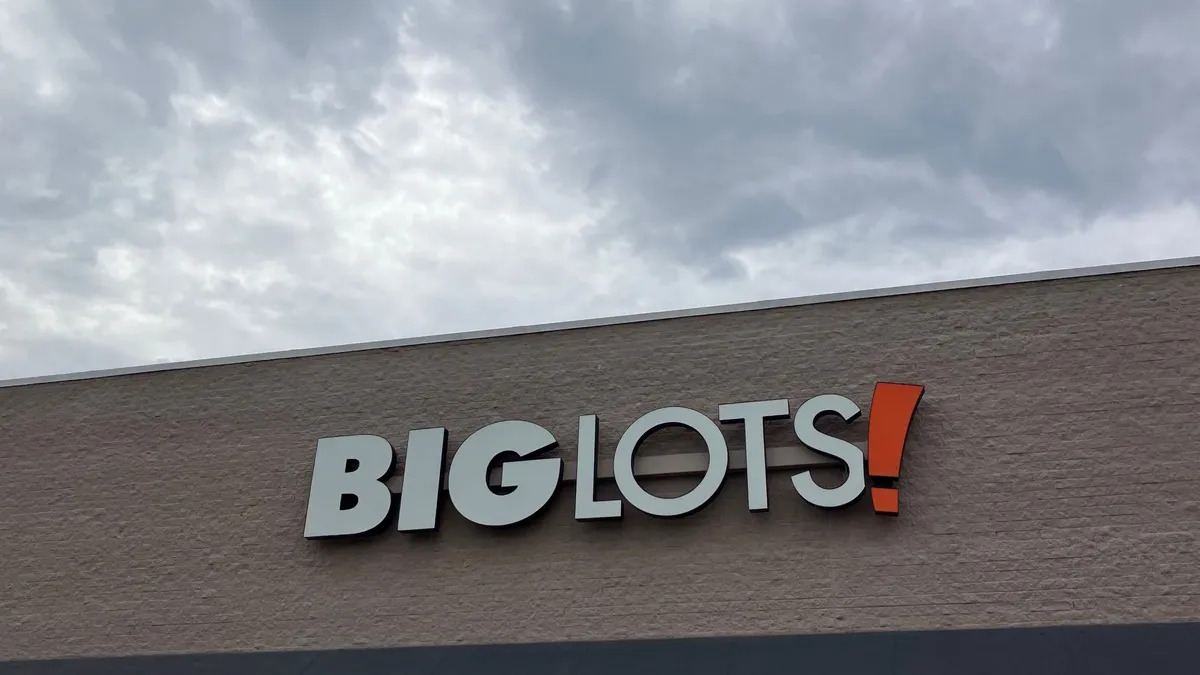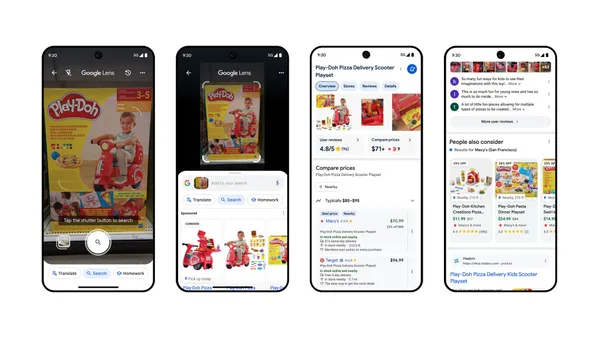Dive Brief:
- Nearly half (42%) of the 1,000 U.S. respondents in a Bank of America survey say they plan to spend more online over the next 12 months. Convenience is the top driver moving purchases online, while the biggest drawback, inability to try the product, is becoming less of a concern.
- Nearly two thirds (64%) of survey respondents said they search Amazon first when they want to buy a product. Plus, 78% said they have a Prime membership, the survey found.
- Twenty-nine percent of respondents cited low prices as the most important feature of online shopping, followed by shipping time and costs (21%), selection (21%) as well as a user-friendly interface (19%), according to the survey results.
Dive Insight:
The Bank of America survey respondents signal their intention to continue spending more online next year following a rise in e-commerce spending this year. In July, FTI Consulting released a report predicting that American consumers will drive online retail sales to $1.14 trillion this year, a 10% jump from 2022.
Online shopping has already seen increases during the holiday season. During the recent Thanksgiving shopping weekend, consumers pushed online holiday sales to $38 billion, up 7.8% from the previous year, according to an Adobe Analytics report. On Cyber Monday, customers spent $12.4 billion, up 9.6% from 2022, Adobe found.
Bank of America's survey also noted that 61% of respondents said they plan to shop for their groceries online. Over a quarter (27%) of respondents said Walmart was their preferred grocery website, followed by Amazon (19%) and Instacart (10%), according to the report.
The report builds on previous research suggesting that Walmart is the go-to retailer for groceries. An August report released by Brick Meets Click and Mercatus found that Walmart comprised nearly 36% of all U.S. grocery sales in Q2 2023, a five percentage point bump from 2022. According to an Insider Intelligence report released last month, Walmart is on pace to have 26.9% of the online grocery market in 2024, while Amazon's share of the digital grocery market is expected to drop to 18.5% next year.













